AP Human Geography Political Entities Notes / Vocabulary
AP Human Geography Political Entities Notes
When talking about states in Human Geography, usually what is meant is-
State: A politically bound area controlled by an established government that has authority over its internal affairs and foreign policy.” Synonymous with the term “country”
The 50 states that make up the US are on a sub-national level, however the US itself is a state (country)
States must have:
Sovereignty
Established government
Control its foreign and internal affairs
A permanent population
Defined territory
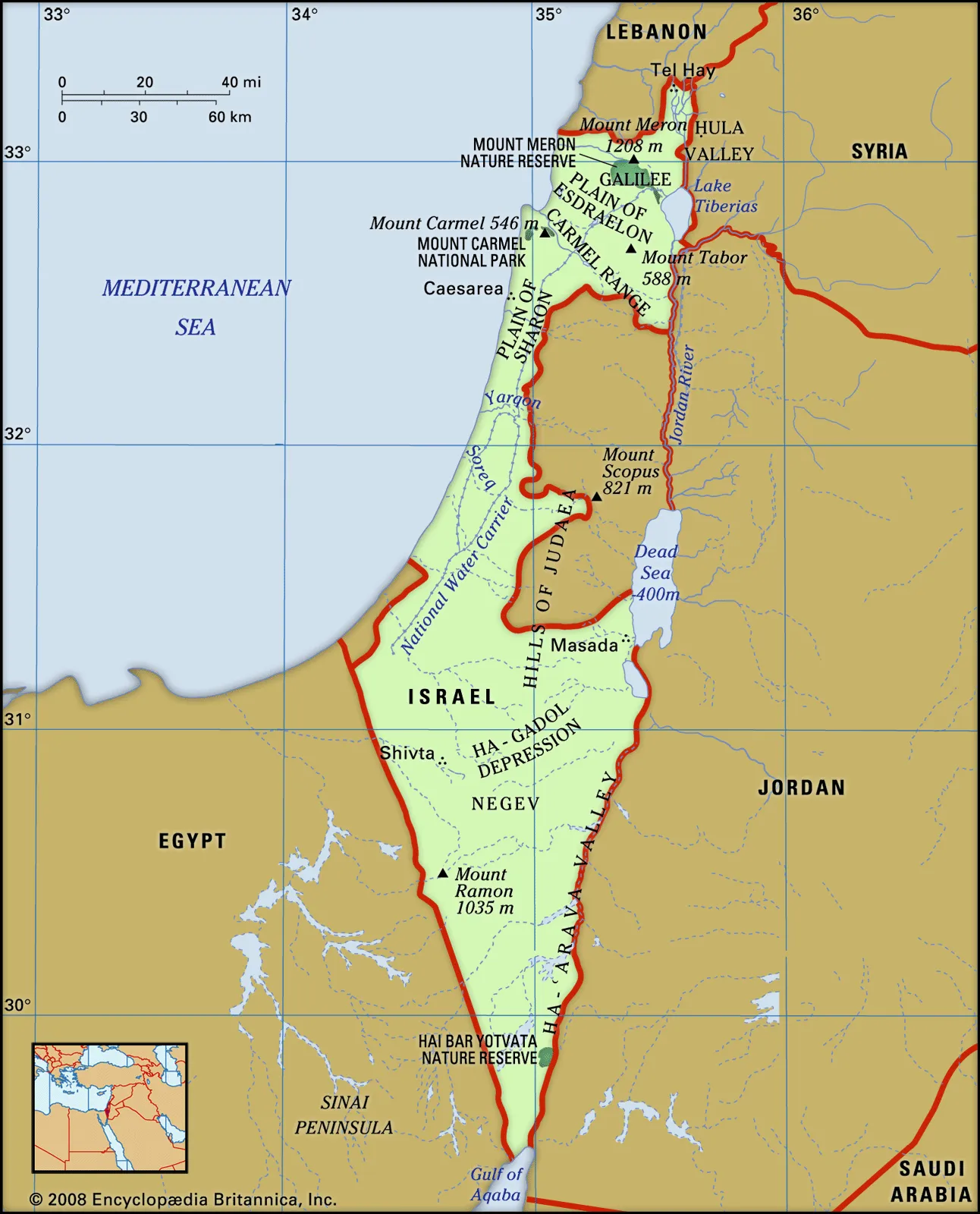
The idea of a state is a relatively new concept, and territories were organized in city-states, kingdoms, and empires
- City-State: A small sovereign state that is made up of a town or city and the surrounding area
- Started off in the Fertile Crescent
- Kingdom: A country, state, or territory ruled by a king or queen and has clearly defined boundaries that are recognized by others
- \
- Empire: Empires formed when several city-states were militarily controlled by a single city-state.
- Mostly expanded through military expansion (Roman Empire, Ottoman Empire, Mongol Empire)
- Each increases in size as you progress
Nation
- A large body of people united by common descent, history, culture, or language, inhabiting a particular country or territory
- Not to be confused with states
Nation-state
A sovereign state whose citizens are relatively homogenous in factors such as language or common descent
Governments tend to be more centralized since they are smaller and less diverse
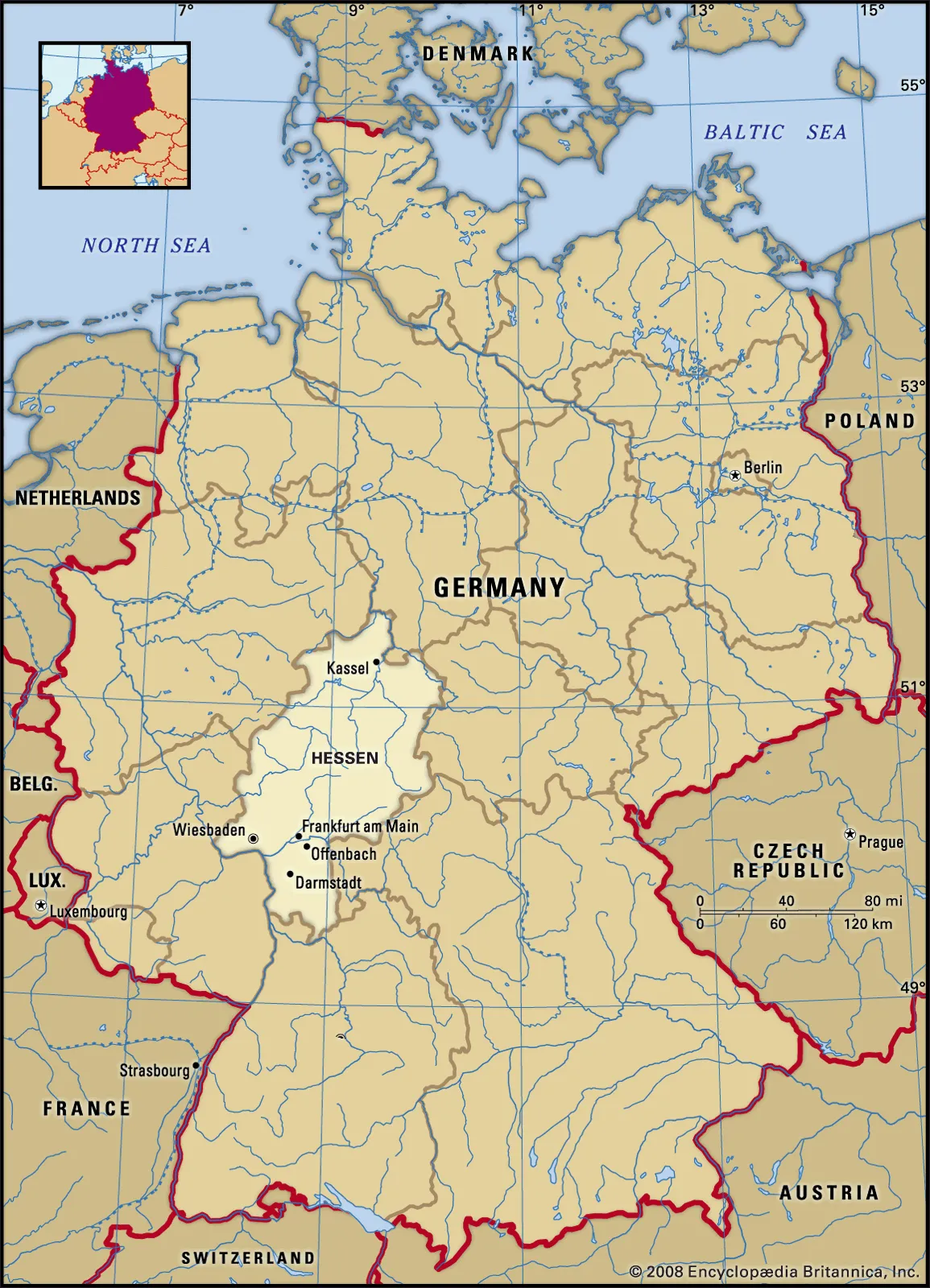
The world is mainly composed of nation states
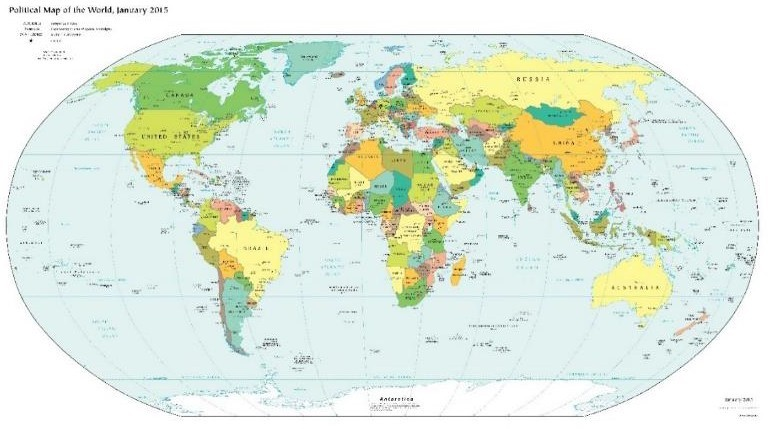
Multinational States
A sovereign entity comprised of two or more nations
No single group is dominant nationally or culturally
Generally multicultural and multilingual as a result
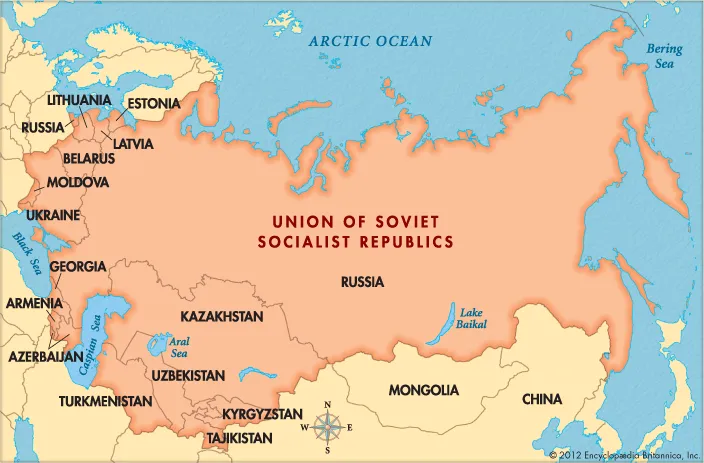
The Soviet Union was composed of 15 different republics, making a multinational state
Multistate Nations
Similar to multinational states, however, multistate nations differ in that there is more or a shared culture present
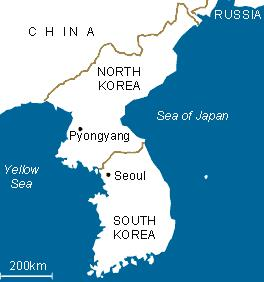
Although Korea is now divide into two states, both countries are still multinational states with the Korean people being the dominant ethnic group.
Stateless Nations
A Nation with political aspirations without sovereignty over their own homeland
Examples include: Native Americans in North America, Palestine, Tibet, and Basque

The Kurds or Kurdish people are an Iranian ethnic group native to the mountainous region of Kurdistan in Western Asia. They are one of the world's largest peoples without a state and make up sizable minorities in Iran, Iraq, Syria, and Turkey. They have a history of self-determination and have long fought for rights, autonomy, and even an independent Kurdistan, although never succeeded.
Autonomous Region
- An area of a country that has a degree of autonomy, or has freedom from an external authority
It is typical for it to be geographically distant from the country, or to be populated by a national minority. Countries that include autonomous areas are often federacies.
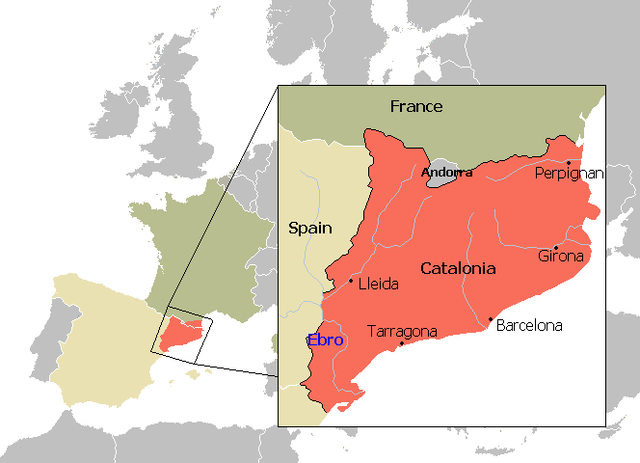
Catalonia is an autonomous region in northeastern Spain. It has its own government and language and operates with a high degree of self-governance and is responsible for matters such as education, health care, and cultural affairs within its borders.
Semi Autonomous Regions
A mostly self-governing region within a larger political nation
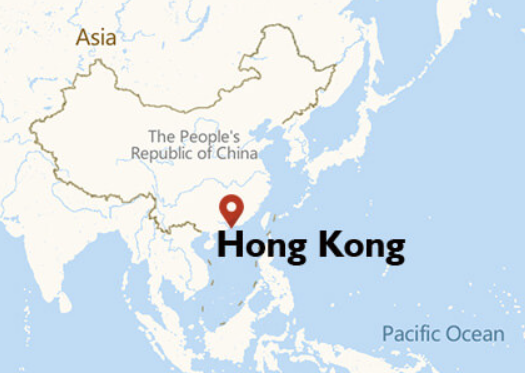 Hong Kong is a city within Mainland China that maintains their self-governance despite the Chinese government’s attempts to gain more influence and control over Hong Kong.
Hong Kong is a city within Mainland China that maintains their self-governance despite the Chinese government’s attempts to gain more influence and control over Hong Kong.